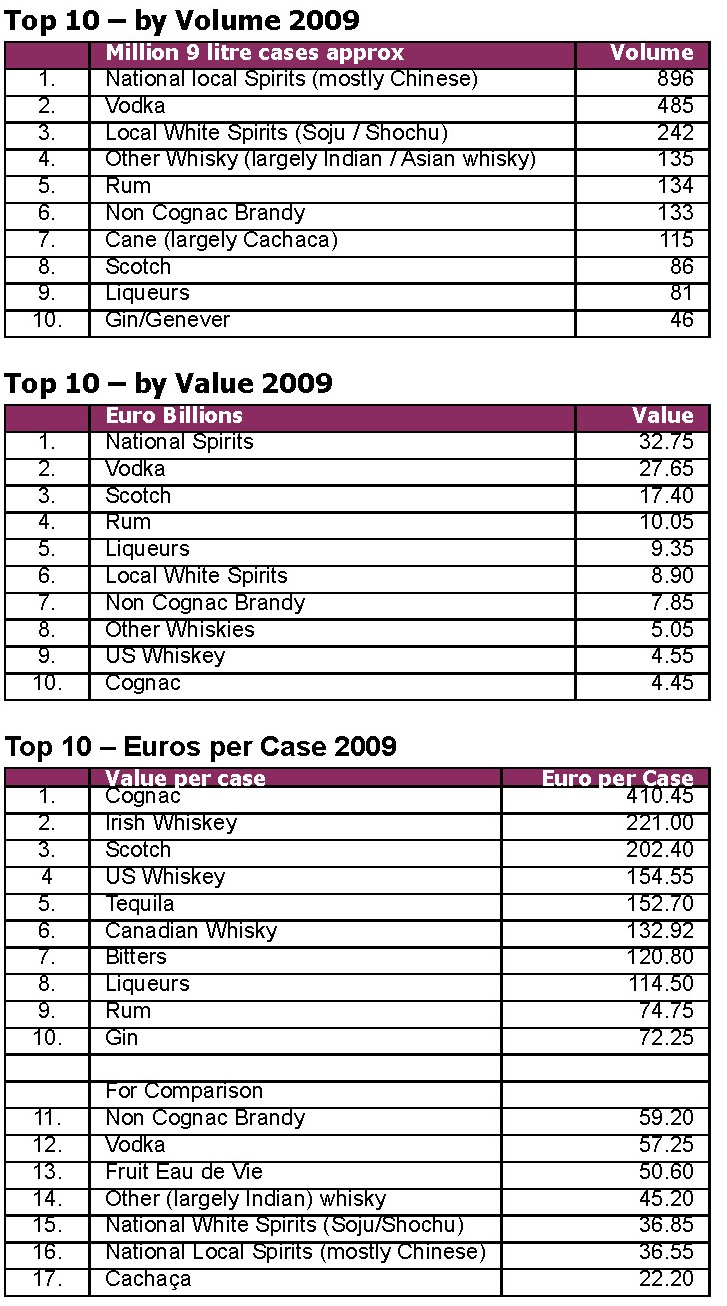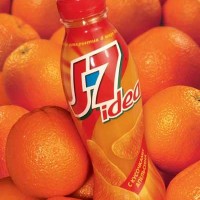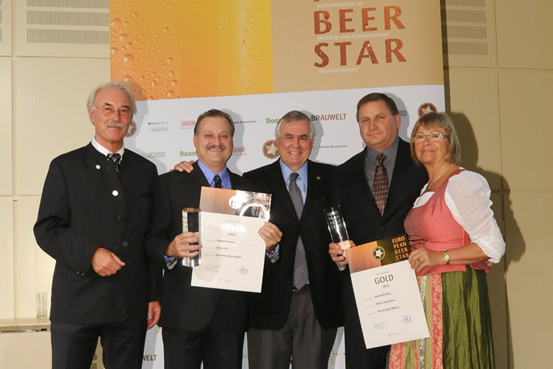In some sectors of the UK beverage industry, the government’s announcement of introducing a minimum price for alcohol sales below duty plus VAT was seen as the "least distorting option".
The Bavarian Brewers’ Federation had tried to prevent the Dutch from using the "Bavaria" label under the EU’s protected geographical indication system, which allows only food or drink producers from the territory in question to use the name.
The big surprise came in Europe where quarterly volumes were flat after forecasts for a continued fall. Growth in Britain and Ukraine helped compensate volume declines in Russia (-7 percent) and the Czech Republic (-7 percent).
Frankfurter Brauhaus, a private label producer, has been keen to increase capacity in Germany. It runs a brewery in Frankfurt/Oder near the Polish border, and one in France (sold by Kronenbourg in 2006). Last year it struck a deal with InBev Germany to have 100,000 hl of the Bergadler beer brand produced at InBev’s brewery in Hannover. Incidentally, the Bergadler brand (sold by the discount retailer Lidl) was once produced by InBev until 2007 when InBev moved out of licensed beer production.
World dominance in spirits is a far cry from beer. Research company IWSR ranks Diageo as the world’s number one drinks company with a volume share of 3.8 percent (11.3% in value), followed by Pernod Ricard (3.7 percent of volume/8.9 percent of value) and India’s UB/UBL (3.7 percent of volume and 2.4 percent of value). Compared with AB-InBev (19 percent of global volume but 34 percent of global profit) that’s not exactly peanuts, but little more.
The Coalition Government is expected to make an announcement on below-cost sales — VAT plus cost — before Christmas 2010.
You have to give it to ActionAid: their campaign is clever and memorable. No marketing exec with a six figure salary could have done it better. The campaign, created in-house by ActionAid’s campaigns officer Chris Jordan in conjunction with agencies Buzz and Neo, demands that the brewer behind beers such as Grolsch and Peroni stops using tax havens and tackles tax avoidance.
In Russia, WBD ranks number one in dairy (28 percent) and in baby food (26 percent) and number two in juice (22 percent). It has been listed on the New York stock exchange since 2003. With a turnover of about USD 2.5 billion, it has a market capitalisation of USD 3.4 billion.
Commenting on the global beer market, Mr Mackay said that the outlook is extremely mixed. “Emerging markets are fine although some have been hit by tax but developed markets in Europe and North America are struggling.”
The Spoetzl brewery, founded by German immigrants in Texas 101 years ago, won two medals at the European Beer Star competition. Better know as Shiner Beer, the brewery won a gold medal in the German Märzen-style category for its seasonal Oktoberfest and a silver medal for its Shiner 101 Czech-style Pilsner.




